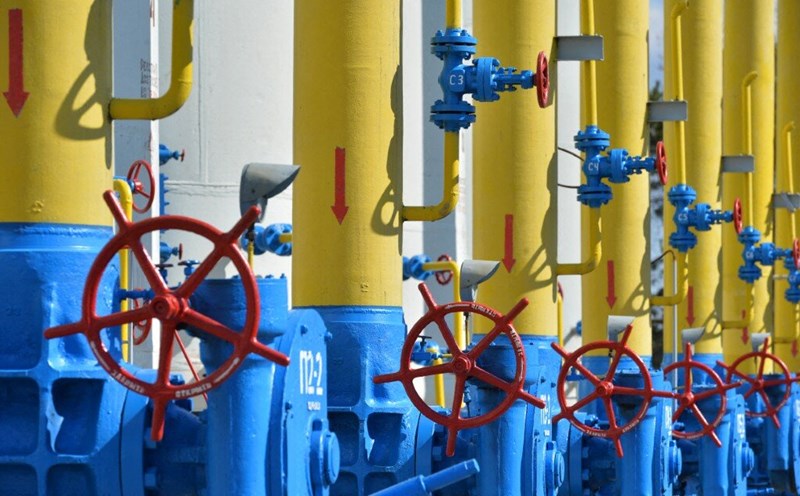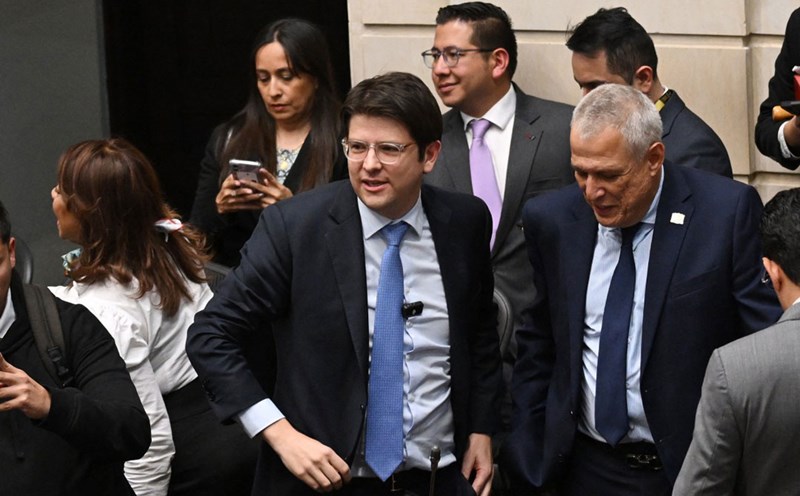France and Belgium have refused to back Russia's ban on liquefied natural gas (LNG) imports and have asked for further consultations on the potential impact of the decision.
The two largest customers buying Russian LNG in the EU said that the bloc's authorities need to fully analyze the economic and legal impacts before making a final decision.
French Energy Minister Marc Ferracci explained that Paris supports Europes energy supply diversification strategy but also needs legal protection.
He noted that a complete cut of Russian gas could affect French private companies, with the possibility of being sued by Russia for breach of contract.
The EU is planning to apply a duty rate of 0 for Russian gas. This would allow companies in the EU to terminate long-term contracts with Russia, aiming to completely stop importing Russian gas by the end of 2027.
The proposal is expected to be submitted in July. Hungary and Slovakia also opposed the ban because they still want to continue using Russian gas because of the cheaper price.
According to commodity data platform Kpler, in 2024, Belgium, France, Spain and the Netherlands imported a total of 16.77 million tons of LNG from Russia, worth more than 6 billion euros. This accounts for 97% of total Russian LNG imports into the EU and more than half of total Russian LNG exports globally.
Spain and the Netherlands - the third and fourth largest customers of Russian gas - expressed their desire to soon cut off energy relations with Moscow
The Dutch Ministry of Economy spokesperson shared: "We are waiting for a legal proposal from the European Commission to be able to eliminate the remaining gas. The Netherlands continues to support the plan to completely eliminate Russian gas".
Meanwhile, a spokesperson for the Spanish Ministry of Ecological Transformation said that the country supports the European Commissions proposal to soon ban Russian gas imports through the EUs common stance.











